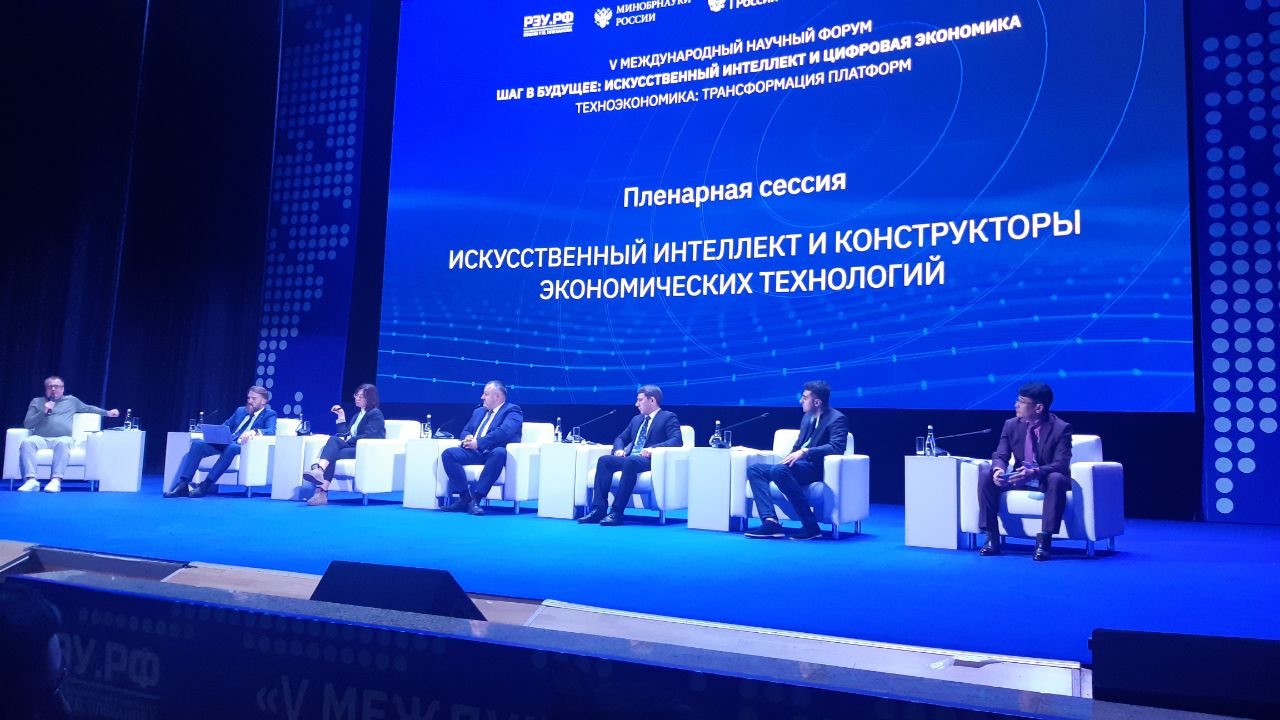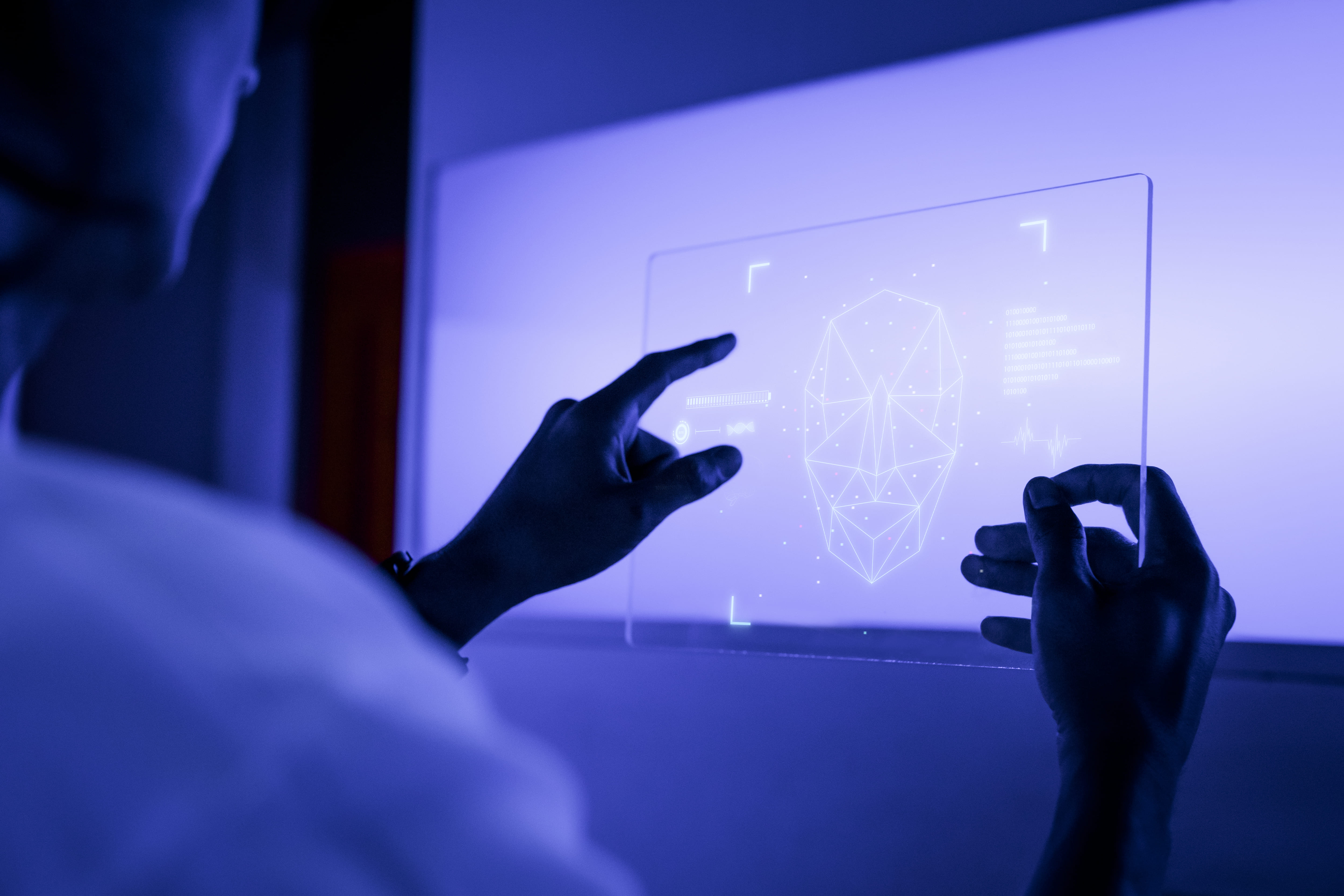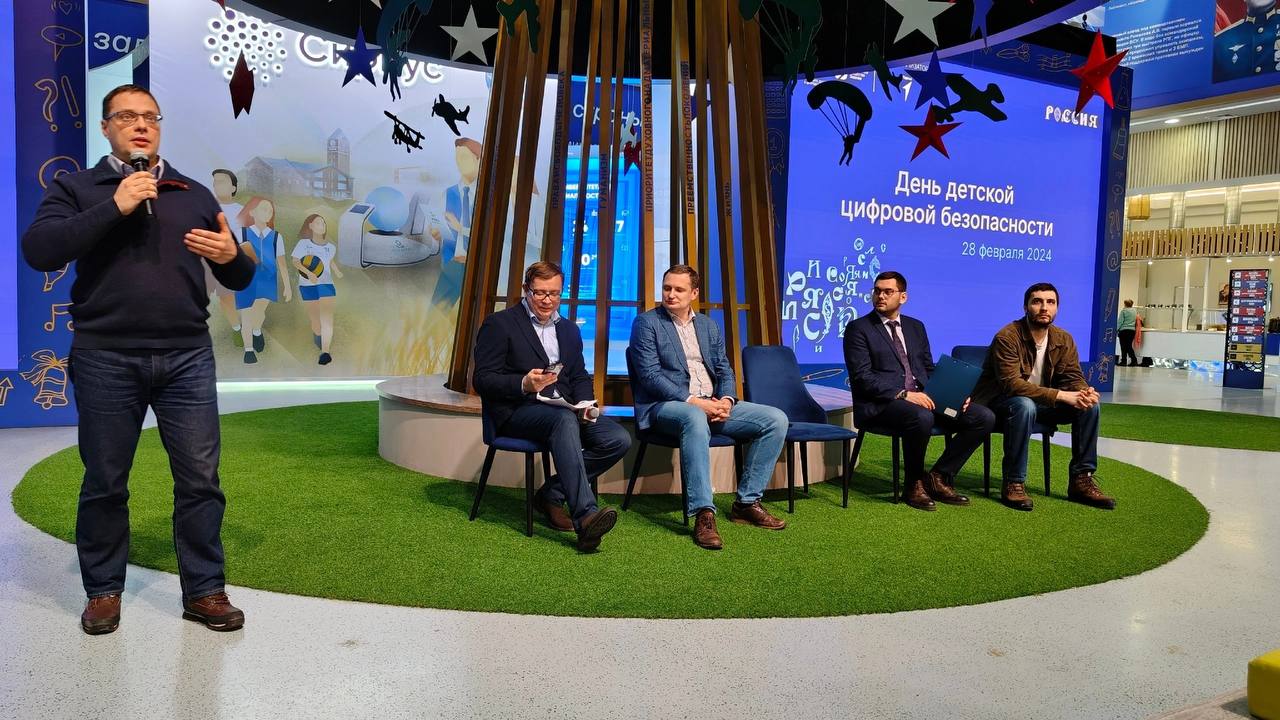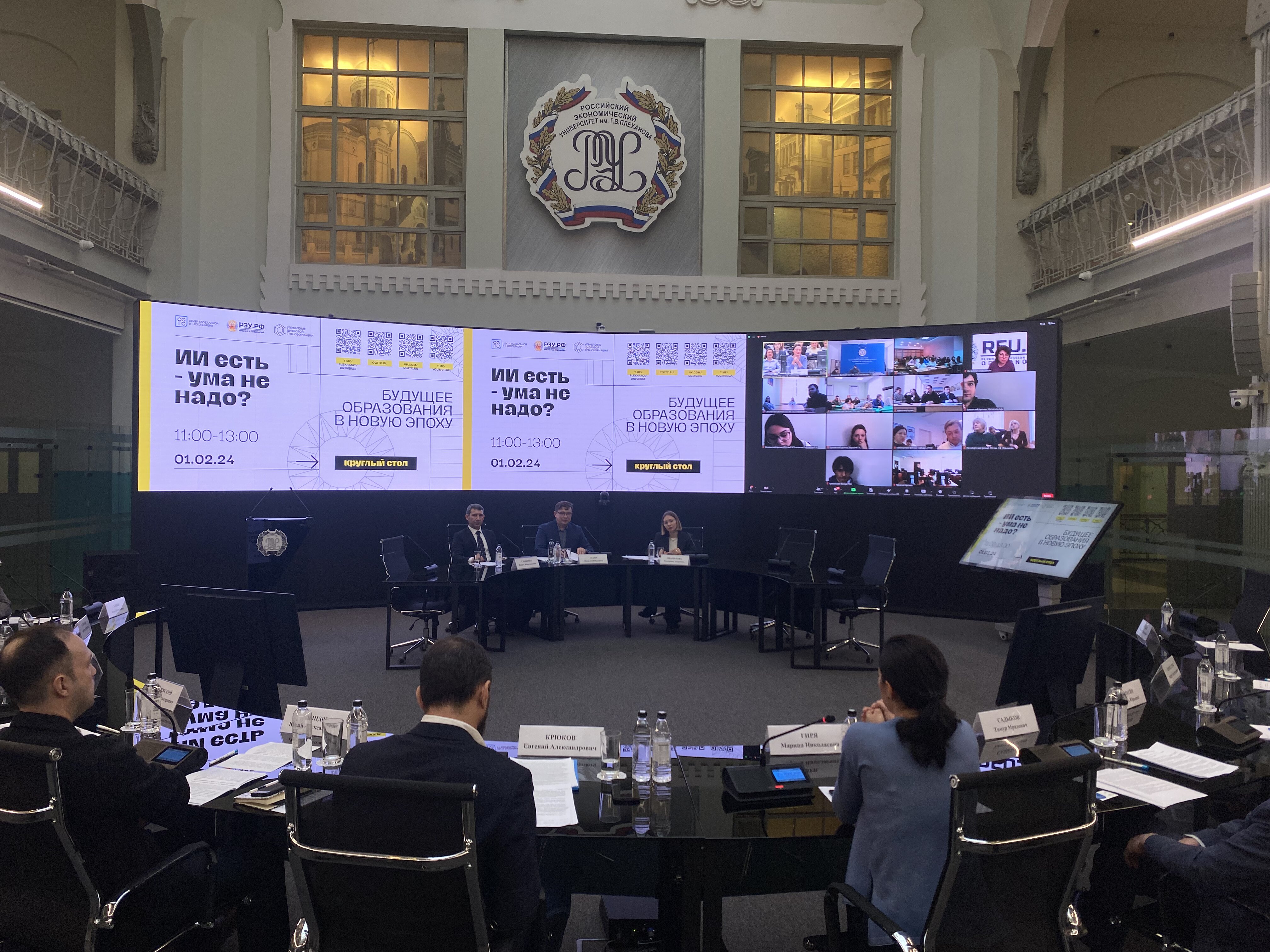Vice Prime Minister Dmitri Chernyshenko welcomed the participants. In his address, the Vice Prime Minister said: “You and I share a common goal set by the President of Russia. It is technological independence and economic security of the country. And we are on our way to achieving it. The level of digital maturity in sectors of the economy and the social sphere has risen by around 10% last year to 65.8%. The number of accredited domestic IT-companies has increased by almost 5 times: from 4 thousand to 19 thousand. About 80% of the existing foreign solutions today can be replaced by domestic analogues, this work is carried out within the industrial centres of competence. The sophistication of artificial intelligence technologies is of great importance for effective digital transformation.”
Dmitri Chernyshenko reminded that the Government, together with market leaders and research centres, is fulfilling the President's instruction to introduce artificial intelligence on a large scale in every sector of the economy and in the social sphere. More than 60 step-ahead solutions will be created as part of the roadmap for introducing AI technologies by 2030.
At the moment, more than 52% of large organizations in Russia already use artificial intelligence in their activities, and about 21% plan to start doing so in the near future. According to expert estimates, the contribution of artificial intelligence to the country's GDP could reach 2% by 2025.
Vadim Glushchenko, Director of the Centre, spoke at the plenary session of the “Artificial Intelligence and Constructors of Economic Technologies” Forum. He paid special attention to the problem of deepfakes, which are already having a massive impact on users, and the consequences of abuse when they are used are particularly sensitive. This is why the Centre devoted its recent review - “Deepfakes in the Digital Space: Major International Approaches to Research and Regulation”- to this problem.
Deepfakes, as the embodiment of new technological possibilities, can pose risks to an individual or group, as well as pose more serious threats in the information space, affecting public interests. Much of the harm caused by deepfakes falls under various breaches and offences under national law. Some of the potential harm is not yet covered by legal acts, but could be “covered” by additional amendments and additions to relevant legal instruments, the study says.
“We have come to the conclusion that national legislation needs to be developed. We would like to propose to the state and the entire expert community to form an inter-institutional working group with the prospect of developing an internal legislative act on deepfake issues. This is not an easy area and the sooner we start looking for solutions, the better it is”, Vadim Gluschenko concluded.





